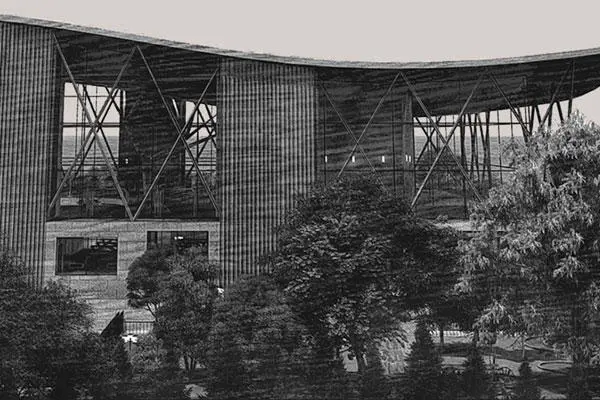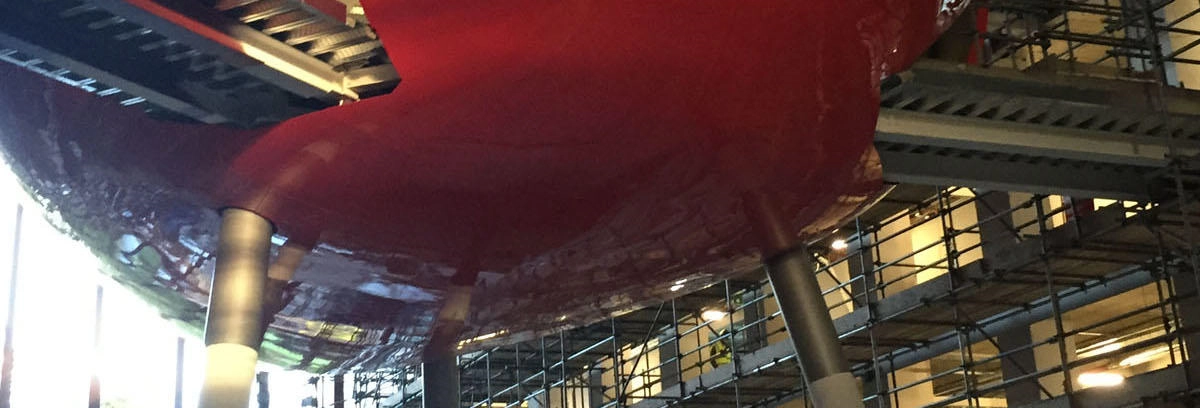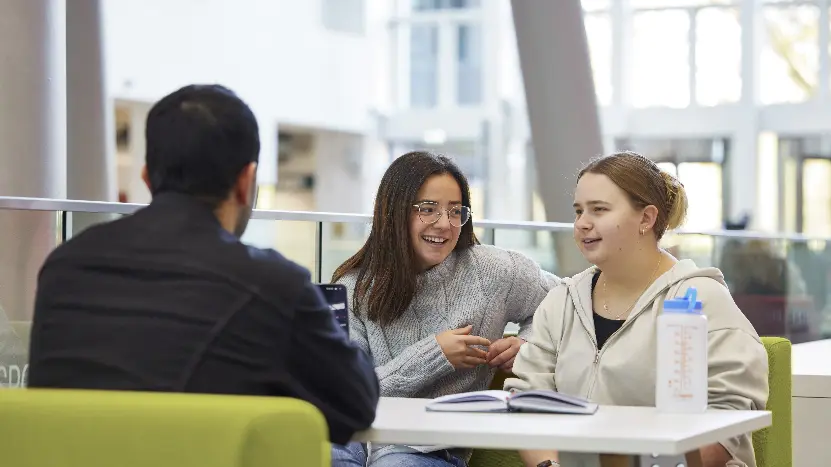Core modules
International Construction and Design
In this module you will have the opportunity to explore theories and concepts relevant to the built environment in local, national and global context.
Integrated Project
This project based module gives you to opportunity to put all the new knowledge you have acquired in your previous modules into practice to provide a solution to a simulated client brief. Where possible the client brief will reflect a global problem or a current trend in the build environment.
Academic and Professional Practice
This module will help you develop an understanding of the ethos and expectations associated with this level of study and equip you with a range of graduate skills that are transferable to later postgraduate study and employability.
Project Research Paper
This module will allow you to select an original, individual topic of study. You will undertake research into that topic and to publish your findings in the format of a conference paper and accompanying conference presentation that will be delivered at an in-house student academic conference held at the end of the year.
Sustainable Construction and Design
This module investigates how the international design and construction industry can achieve sustainable outcomes during the design, construction, operation and end of life of a project.
Optional modules
Please note: Not all optional modules are guaranteed to run each year.
Professional Practice and Communication
In this module you will learn new ways of critical thinking and assessing professional knowledge and activities specific to international construction, design and sustainability.
Building Production
Studying this module will enable you to investigate the role of the construction manager in the building production process. You will evaluate the methods of production that can be employed to achieve a satisfactory solution to a project from the viewpoint of a contractor.





















